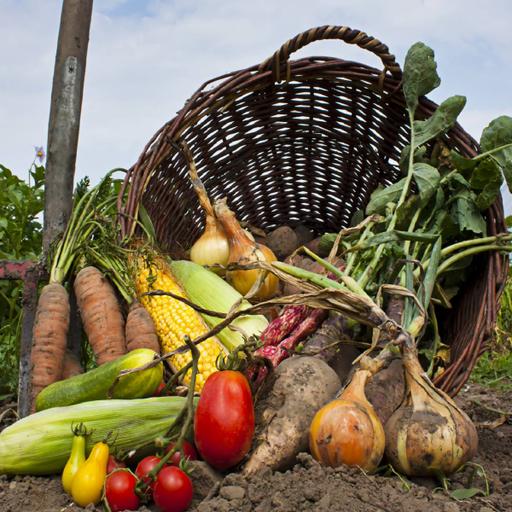Organic Farming
Presentations | English
Far from being a “luxury for the rich,” organic farming may turn out to be a necessity not just for the poor, but for everyone. Animal and plant waste, as well as cover crops that fix nitrogen, are used extensively in organic farming as insect controls and biological fertilisers, respectively. Chemical pesticides and synthetic fertilisers used in conventional agriculture were causing environmental harm, therefore modern organic farming was created as a solution. This type of farming offers several ecological advantages. Organic farming is not a new concept in India; it dates back to ancient times. Using organic wastes (crop, animal and farm wastes, aquatic wastes) and other biological materials, along with beneficial microbes (biofertilizers), to release nutrients to crops for increased sustainable production in an environmentally friendly pollution-free environment is a method of farming system primarily aimed at cultivating the land and raising crops in this way to keep the soil alive and in good health.

16.50
Lumens
PPTX (33 Slides)
Organic Farming
Presentations | English
